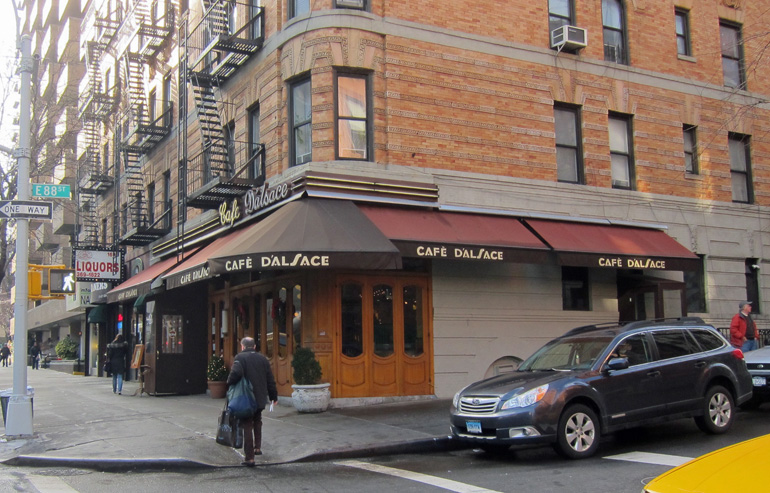Gotham Diary:
Mandarin
19 December 2012
Almost every page of America Revised provokes comment or dilation, but a particularly useful distinction appears on page 198; even thirty years later, it still seems sound.
Taken together, what the debates [about how to educate elementary and high school students] suggest is that the real divisions in American society lie not between Republicans and Democrats or conservatives and liberals but among those groups one might call progressives, fundamentalists, and mandarins. These groups are not just political entities but whole cultures, as different from one another as the Zuñi and the Kwakiutl. The progressives are children of Rousseau, who believe in an egalitarian society, in the perfection of “nature,” and in the perfectibility of man through education or a change in consciousness. The fundamentalists believe in God, not man; they believe that man and society can survive only by the strictest obedience to a single, permanent set of truths, laws, and values. The mandarins are temperamental agnostics, who believe nonetheless in meritocracy, in the power of the intellect, and in the value of science and the cultural tradition.
Frances FitzGerald goes on, somewhat darkly, to say that, despite the fights that these groups have had over the control of education, they share “much the same attitude toward the purpose of schooling and the psychology of children.” (So don’t expect any of them to make school more interesting.) But the existence of the three cultures is immediately palpable, because it explains why I’m not at home with most Americans: I’m a mandarin. I’m a mandarin with progressive inclinations to the extent that I believe that changes in consciousness can indeed wrest great changes in behavior, and I believe that you ought to study Plato and Aristotle and Kant when you’re young, so that you can get them out of your system. But I still wish that I’d been required to learn Latin and Greek, and even Hebrew, because it is in the language of ancient thought that our roots speak to us. I am certainly a “temperamental agnostic” — someone with an inborn disinclination to believe in metaphysical propositions. (It is this agnosticism that underlies my round rejection of “Theory,” which has bottled God with the label “Power.”) I am probably out of sympathy with most people everywhere on earth, but it’s my misfortune to live alongside two cultures who share, if nothing else, an antipathy to me and my kind. I don’t think much of them, either; but my counterparts in other lands don’t have to listen to them so much. Â
***
I’m filing late today because I had an early appointment with the dermatologist. We were going to do two things, burn off a precancerous muddle on the back of my left hand, and subject the rest of me to a full-body exam. The latter is always unpleasant; I cannot, as Miranda Hart might put it, claim my nudenicity in the presence of my gracious lady doctor and her technicienne. So I was relieved when the latter suggested coming back some other time for the exam, because apparently the insurance company won’t fully reiumburse a second procedure on any given office visit. That this makes no sense — that it is the perfect opposite of good sense — didn’t trouble me at all: I jumped at the reprieve. I do the unpleasant thing in a few weeks, after my birthday.

